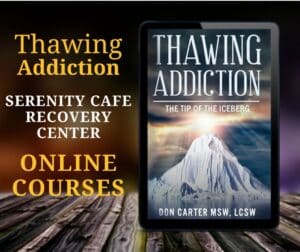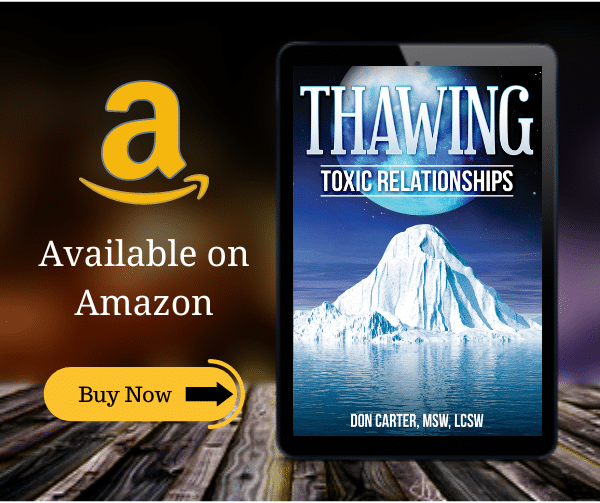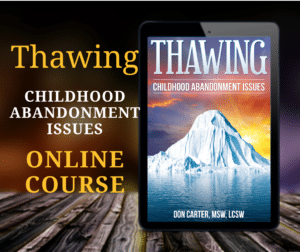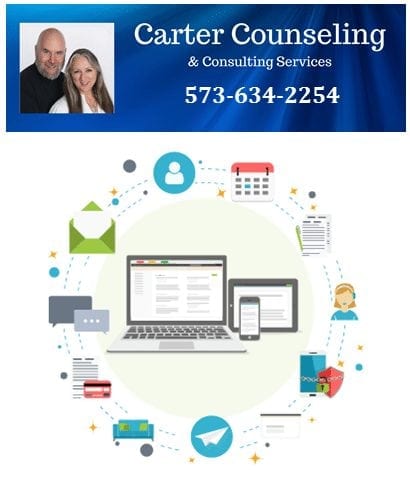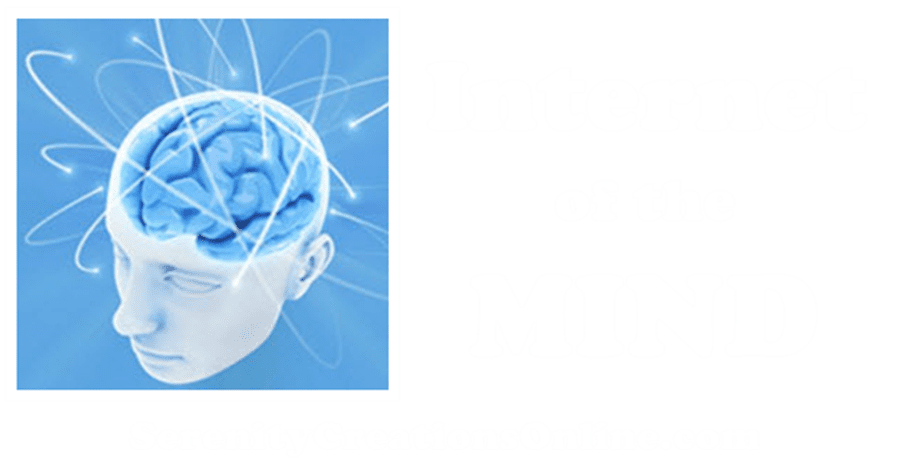
Thinking Errors and Addiction
Thinking Errors and Addiction: All humans can be susceptible to beliefs that limit themselves and irrational thinking errors, but they seem to be paramount in the alcoholic and/or addict. Because I am in long-term recovery and work in the field of addiction I have had the opportunity to communicate and associate with many individuals who have dependency issues and see these errors in thinking in action.
More Stinking Thinking Errors
I have experienced many thinking error episodes in my own journey. It takes continual awareness, positive input, and feedback from support people and a willingness to make necessary changes in order to maintain a healthy thought process.
Listed below are 15 common thinking distortions which thatcreated based on the theory that psychiatrist Aaron Beck put forth and that David Burns popularized by labeling each one.
1. Filtering Thinking Errors: We take the negative details and magnify them while filtering out all positive aspects of a situation. For instance, a person may pick out a single, unpleasant detail and dwell on it exclusively so that their vision of reality becomes darkened or distorted.
2. Polarized Thinking Errors: In polarized thinking, things are either “black or white.” We have to be perfect or we’re a failure – there is no middle ground. You place people or situations in “either/or” categories, with no shades of gray.
3. Overgeneralization: In this thinking error, we come to a general conclusion based on a single incident or a single piece of evidence. If something bad happens only once, we expect it to happen over and over again. A person may see a single, unpleasant event as part of a never-ending pattern of defeat.
4. Jumping to Conclusions: Without individuals saying so, we know what they are feeling and why they act the way they do. In particular, we can determine how people are feeling toward us.
5. Catastrophizing Thinking Errors: We expect disaster to strike, no matter what. This is also referred to as “magnifying or minimizing.” We hear about a problem and say “What if tragedy strikes?” “What if it happens to me?” Or we expect the worst possible scenario to happen.
6. Personalization: The thought that what others do or say is some kind of direct, personal reaction to us. With these thinking errors, we also compare ourselves to others trying to determine who is smarter, better looking, etc. We may see ourselves as the cause of some unhealthy external event that we are not even responsible for.
7. Control Fallacies: If we feel externally controlled, we see ourselves as helpless aand victim of fate. For example, “I can’t help it if the quality of the work is poor, my boss demanded I work overtime on it.” The fallacy of internal control has us assuming responsibility for the pain and happiness of everyone around us. For example, “Why aren’t you happy? Is it because of something I did?”
8. The fallacy of Fairness: We feel resentful because we think we know what is fair, but other people won’t agree with us. People who go through life judging situations by these thinking errors will often feel bad and negative because of it.
9. Blaming Thinking Errors: We hold other people responsible for our pain, or take the other track and blame ourselves for every problem. Nobody can “make” us feel any particular way – only we have control over our own emotions and emotional reactions.
10. Shoulds Thinking Errors: We have a list of ironclad rules about how others and we “should” behave. People who break the rules make us angry, and we feel guilty when we violate these rules.
11. Emotional Reasoning Thinking Errors: We believe that what we feel must be true automatically. You assume that your unhealthy emotions reflect the way things really are – “I feel it, therefore it must be true.”
12. Fallacy of Change: We expect that other people will change to suit us if we just pressure or cajole them enough. We need to change people because our hopes for happiness seem to depend entirely on them.
13. Global Labeling Thinking Errors: We generalize one or two qualities into a negative global judgment, also referred to as “labeling” and “mislabeling.” Instead of describing an error in the context of a specific situation, a person will attach an unhealthy label to themselves. For example, they may say, “I’m a loser” in a situation where they failed at a specific task.
14. Always Being Right: We are continually on trial to prove that our opinions and actions are correct. We will go to any length to demonstrate our rightness.
15. Heaven’s Reward Fallacy: We expect our sacrifice and self-denial to pay off, as i someone is keeping score. We feel bitter when the reward doesn’t come.
About the Author
Angie Carter, CRADC, SAP is a certified reciprocal alcohol and drug counselor and DOT certified Substance Abuse Professional. She is in private practice at Carter Counseling & Consulting Services. Angie sees local clients in the office and is also available for telephone coaching and/or consultation. Click here to contact Angie with appointment requests, questions, or feedback.
